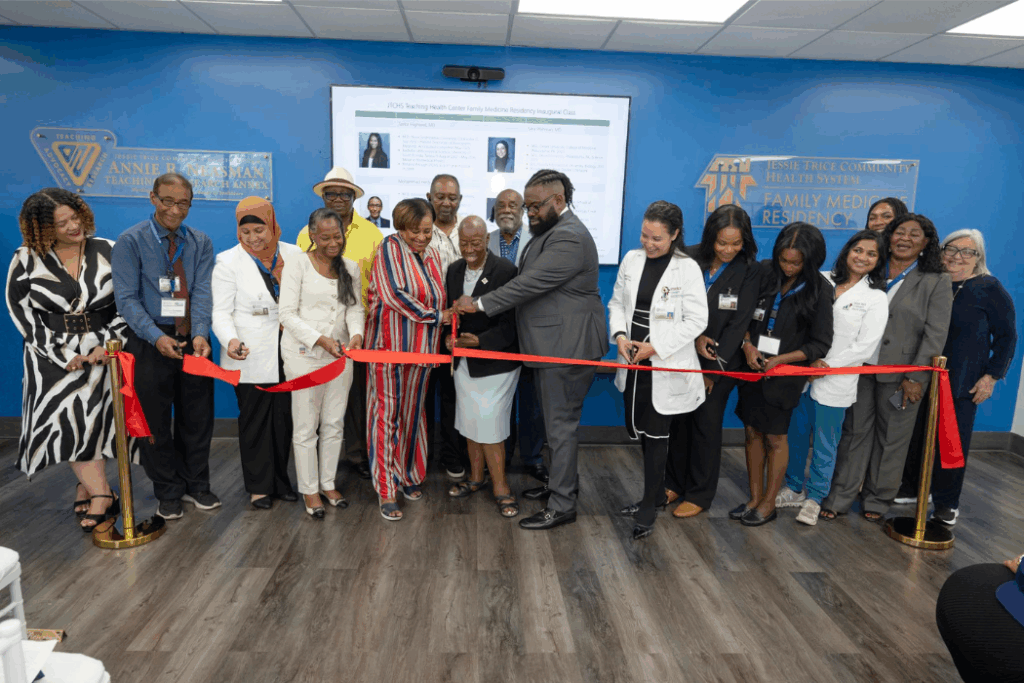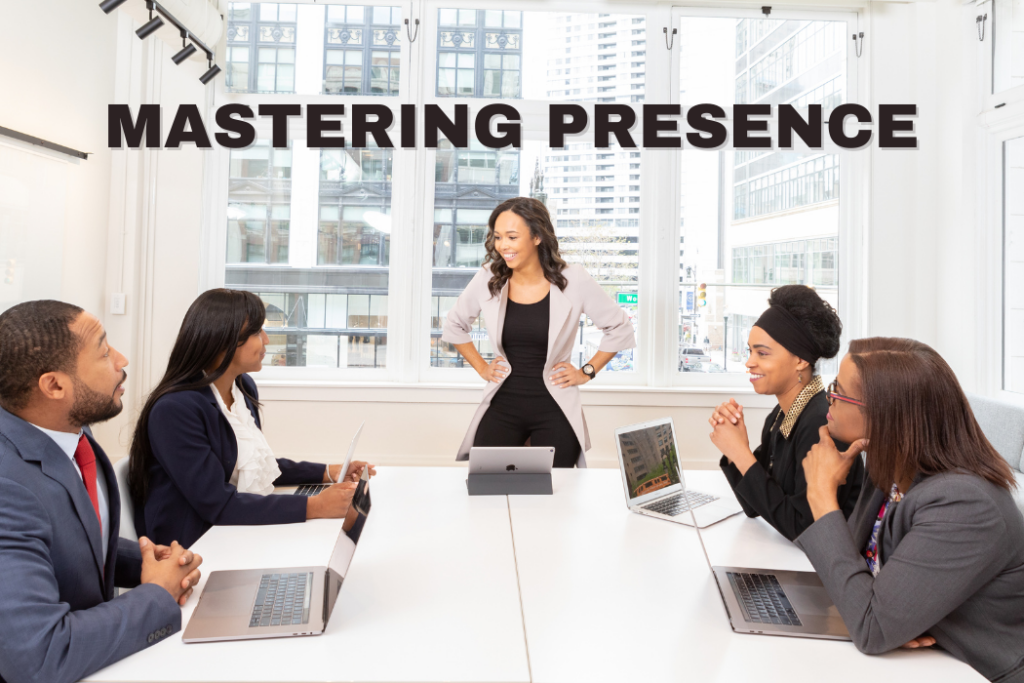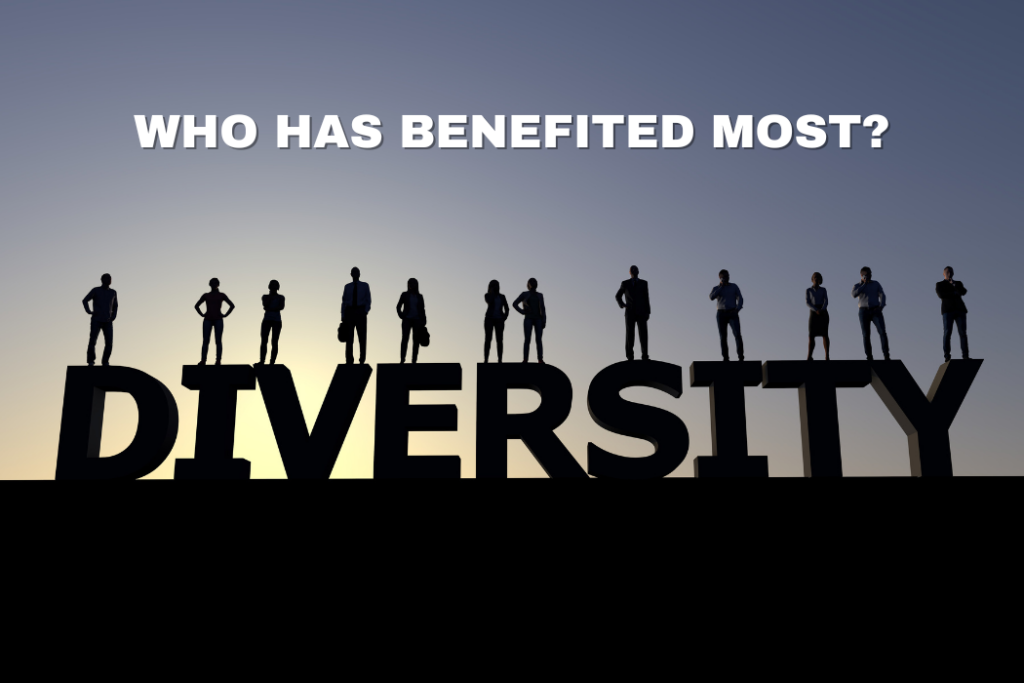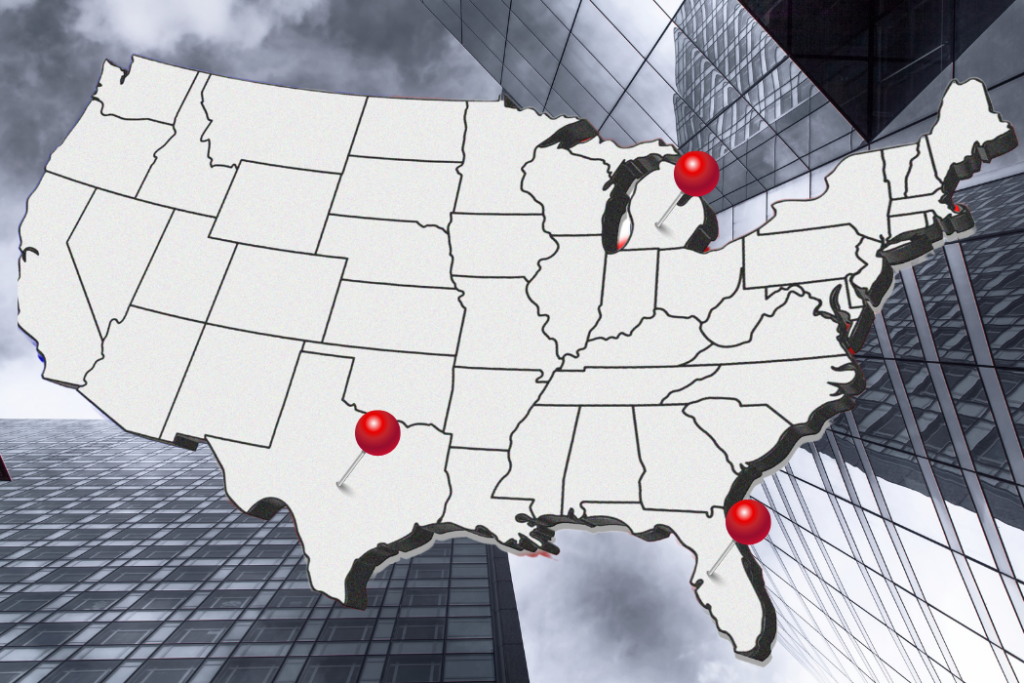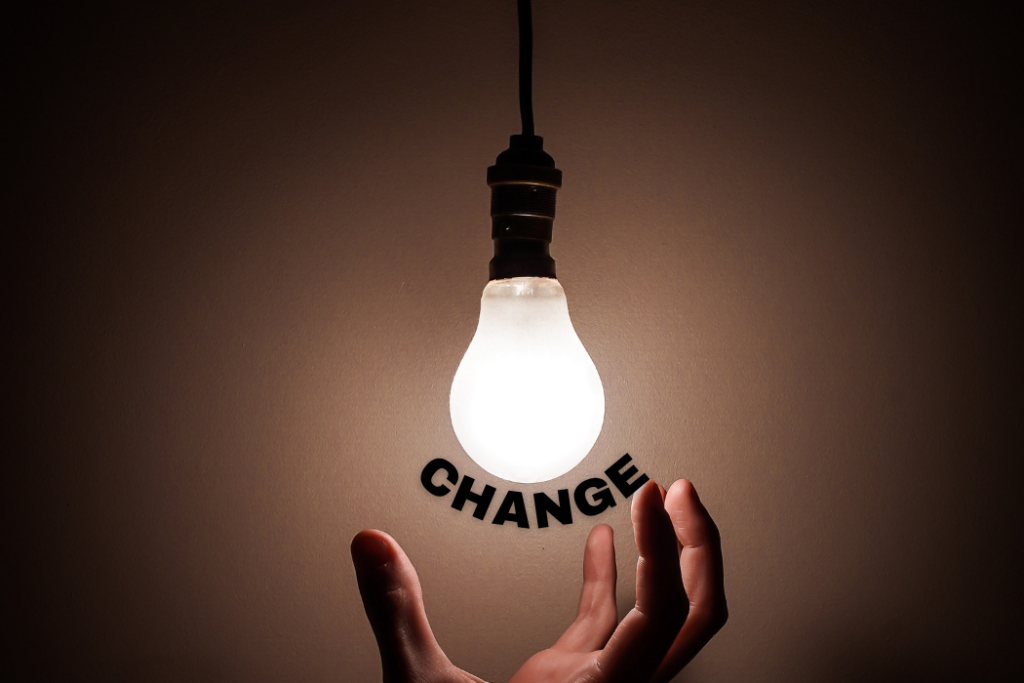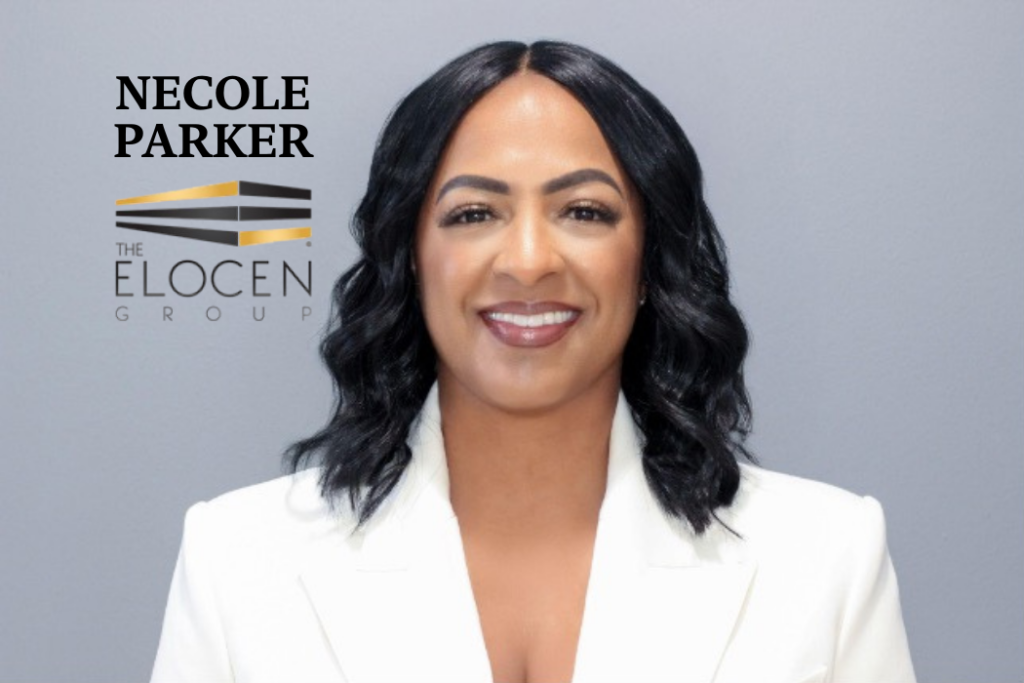
5 Ways Toward Sustainability
As climate change causes worldwide concern and prompts calls for governmental action, consumers are putting the onus on businesses to step up their sustainability standards and practices.
A Nielsen survey, for example, showed that 81 percent of global consumers feel companies should help improve the environment. And with governments across the globe struggling to reach an international consensus on climate change, close observers of business and the environment, along with a high number of CEOs, agree: Private industry should take the lead in driving sustainability.
Some forward-looking companies are seeing it as an issue they can no longer ignore, morally and economically, and that you can go green and succeed in business, says Hitendra Chaturvedi (www.hitendrachaturvedi.com), a professor at the Supply Chain Department of W.P. Carey School of Business at Arizona State University and expert on global supply chain sustainability and strategy.
Business strategies must include sustainability in their core beliefs and practices. Part of the problem is that they are missing the simple, sensible ways that can drive sustainability and bring return on investment at the same time.
Chaturvedi suggests the following ways businesses can exercise sustainability practices to help fight climate change and connect with consumers:
Find the facts. When a package gets delivered to you by an online commerce company, most people see the packaging as mainly contributing to the pollution, but that is not the case, Chaturvedi says. The packaging contributes less than 5 percent, but the main culprit is the returned/defective item which accounts for close to 50 percent of the pollution because it is not properly disposed of. I call it sensible sustainability. Identify and focus on the low-hanging fruits.
Seek education. Finding the facts brings an important issue education of consumers, Chaturvedi says. I see too many data points floating around that are put forth to create hysteria and are flat-out wrong, causing well-intentioned people to be waylaid in unproductive directions. Too many times this causes even a well-wisher of the environment to lose interest. We need a proper way to educate consumers about what is real and what is fake news.
Implement business model changes. Look at your business model holistically, Chaturvedi says. I propose a 5R model that simply, sensibly, and holistically integrates forward and reverses supply chain within any organization to ensure reduction in waste and without sacrificing profits or competitiveness.
Embrace technology. It will lead to quick solutions to many vexing
sustainability problems, Chaturvedi says. For example, advancement in technology has given us economically viable micro factories to processing plastic waste, something that was not possible a few years ago. Now we can package it into a business model and scale it. Technologies like blockchain and dendrites will have far-reaching effects on sustainability as they will drive tracking and accountability.
Find sensible solutions. Sustainability needs sensible solutions, not panacea, not motherhood and apple pie solutions, Chaturvedi says. We need solutions that are practical and profitable. We see many solutions that promise to solve the worlds pollution problem but are either one-off, or do not make money, or both. We need businesses to step in and partner with scientists, universities, and government so a practical/viable perspective can be applied to sustainability solutions. A business will bring that perspective along with what can scale and what can not.
Businesses can see significant benefits, both economically and socially, from incorporating sustainable practices, Chaturvedi says. Some of the steps you incorporate can seem small at first, but day by day those efforts will produce great results.
About Hitendra Chaturvedi
Hitendra Chaturvedi spent over 30 years in progressive technology leadership positions with Microsoft, Newgistics, E&Y e-Business and A.T. Kearney. Chaturvedi also built a $100 million software company in India, GreenDust, where he implemented proprietary reverse logistics software at Amazon, Flipkart (Walmart), Samsung, Panasonic and Whirlpool. A computer engineer with a masters degree from Louisiana State University and an MBA from Southern Methodist University, Chaturvedi has been widely covered in the media and is a subject matter expert on global supply chain strategy, sustainability in supply chain, reverse logistics, ecommerce, artificial intelligence and machine learning. Now a professor at Arizona State University, Chaturvedi has been a visiting professor at Southern Methodist University, University of Texas-Dallas, Penn State and Purdue.



